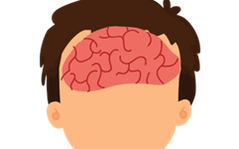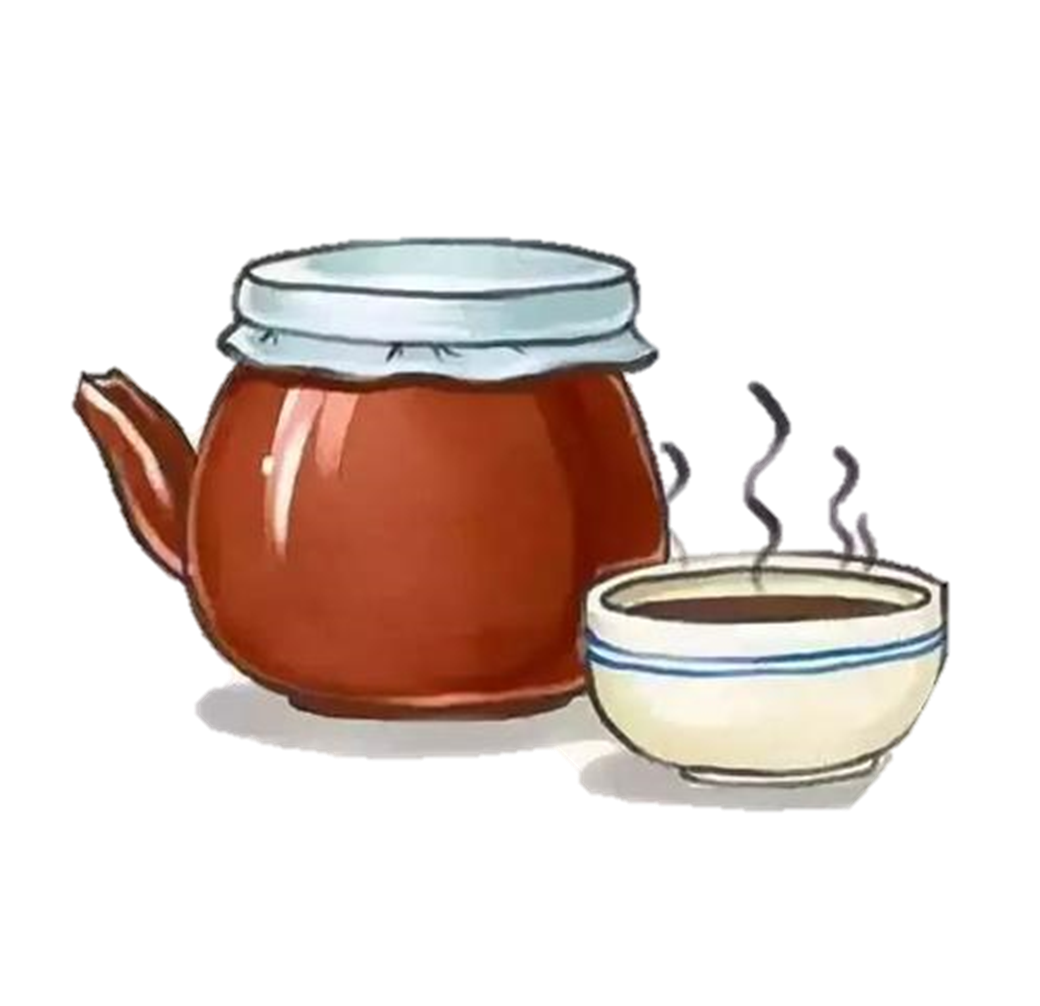
How to Properly Take
Traditional Chinese Medicine Decoctions?
“The recovery from illness is not only dependent on the prescription but also on the method of taking the medicine. If the prescription is correct but the method of taking it is wrong, it will not only be ineffective but may also be harmful. This is something that must be understood.”
——《Medical Source Theory》 Qing Dynasty • Xu Lingtai
Traditional Chinese Medicine (TCM) decoctions are flexible in formulation, fully adapting to the needs of TCM syndrome differentiation and treatment. They have many advantages, such as rapid efficacy, easy absorption, and strong action. Correctly mastering the method of taking TCM decoctions and the precautions is an important measure for targeted treatment, enhancing efficacy, and avoiding adverse effects.
Timing of Medication
1
Differentiate between food and medicine, with a 1-hour interval
According to the “Decoction Industry Materia Medica”: “The qi of medicine and the qi of food should not meet. When the qi of food dissipates, take the medicine; when the qi of medicine dissipates, eat. The timing of taking medicine before or after meals has its significance.” The components of TCM decoctions are complex and can easily interact with proteins in food, affecting the efficacy of the medicine. Therefore, TCM decoctions should not be taken with food; it is advisable to take them on an empty stomach before meals or 1 hour after meals when the stomach is empty.
2
Different pathologies require different timings to exhibit medicinal power
The “Shennong Bencao Jing” states: “For diseases above the chest, eat first and then take medicine; for diseases below the heart and abdomen, take medicine first and then eat; for diseases in the limbs and blood vessels, take on an empty stomach in the morning; for diseases in the bone marrow, take after a full meal at night.” When taking decoctions, the timing can be adjusted based on the location of the pathology, utilizing the body’s fluid changes to promote the rapid delivery of medicinal power to the affected area.
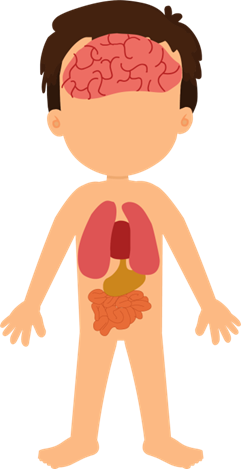
Pathology in the Upper Jiao
(headache, dizziness, sore throat, cough)
[Take after meals for sustained effect]
Pathology in the Lower Jiao
(liver, kidney, and other organ diseases)
[Take before meals for rapid delivery]
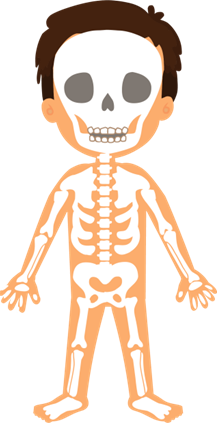
Pathology in the Joints and Back
[Take before sleeping]
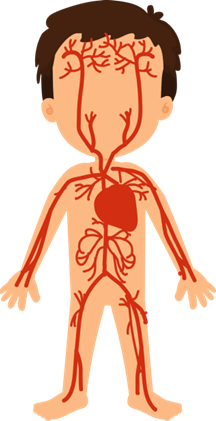
Pathology in the Limbs and Blood Vessels
[Take on an empty stomach in the morning to promote Yang]
Swipe left to see more
3
Different pharmacological properties require appropriate timing
[Take after meals] for stimulating decoctions (bitter cold, hot spicy herbs); digestive and food-moving herbs
[7-8 AM] for kidney Yang tonifying decoctions (kidney deficiency, edema, weakness in the lower back and knees, fear of cold)
[Before noon] for diaphoretic and exterior-releasing herbs; Qi tonifying and Yang promoting herbs
[8-9 PM] for kidney Yin tonifying decoctions (dry mouth, irritability, hand heat, night sweats)
[Take before sleeping] for calming the heart and mind herbs; laxatives; asthma-relieving herbs
Method of Taking Medicine
1
Do not take immediately after cooking; the ideal temperature is moderate
“Drink the medicine while it is hot!” This is a common habit among many people. In fact, the drinking temperature of TCM decoctions is quite important. Most TCM decoctions are not meant to be taken immediately after cooking. An inappropriate drinking temperature may contradict the properties of the decoction’s components and even have adverse effects. For example, detoxifying decoctions are generally taken cool to help consolidate the exterior and assist in the degradation of toxins; if taken hot, it may instead promote the flow of Qi and blood, accelerating the dispersal of toxins.
According to TCM theory, based on the characteristics of the disease and the pharmacological properties of different components, the suitable drinking temperatures for decoctions are generally categorized into warm, hot, and cool, as illustrated below:
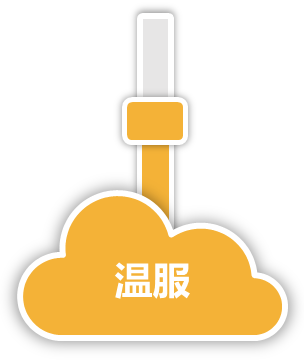
General Decoctions
Common Diseases
For severe heat diseases, use cold herbs
Must be taken warm
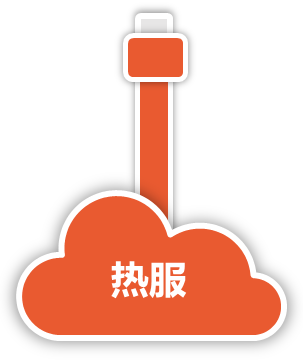
Release the exterior and regulate Qi
Promote blood circulation
For cold diseases, use hot herbs
Must be taken hot
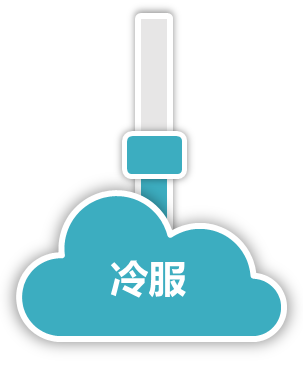
Consolidate and stop bleeding
Consolidate essence and detoxify
For severe cold diseases, use hot herbs
Must be taken cool
2
Bittersweet medicine is hard to swallow; do not add sugar yourself
TCM decoctions also have some shortcomings, such as large volumes and bitter taste. The taste of the decoction directly affects the patient’s compliance with the medication. Many people add sugar to improve the taste of TCM decoctions, which is actually not recommended.
In addition to the four qi (cold, hot, warm, cool), TCM also recognizes the five flavors: sweet, bitter, sour, spicy, and salty. The “five flavors” not only reflect the true taste of the medicine but also summarize the effects of TCM. Sugar has the effect of “promoting heat and generating dampness” in TCM theory, leading to the accumulation of damp-heat in patients, thick and greasy tongue coating, which is not conducive to generating fluids and resolving phlegm. Additionally, white sugar is cold in nature, while brown sugar is warm; adding white sugar to warm decoctions or brown sugar to cold decoctions may weaken or alter the medicinal properties, affecting efficacy.
3
There are tricks to taking decoctions; considerate tips to relieve worries
Since adding sugar to improve taste is not advisable, what other methods can enhance the taste of decoctions? The simplest method is to inform your attending physician, who can help improve the taste of the medicine. There are also sweet-tasting herbs in TCM, the most commonly used being licorice (Gan Cao), which not only tonifies the spleen and Qi but also harmonizes other herbs. Additionally, the doctor will inform you whether sugar can be added and what type of sugar is appropriate. For young children, if the volume of the decoction is too large, a concentrated decoction can be chosen.
Moreover, studies have shown that when the temperature of the TCM decoction is close to the surface temperature of the tongue, the taste nerves are most sensitive, making the decoction taste the most bitter. The normal oral temperature is 36.2-37.2°C; if the temperature of the decoction is lowered to below 35°C, the bitterness will be relatively reduced, which facilitates quick swallowing and alleviates discomfort from taking the medicine.
It is important to note that many children, due to their fear of taking TCM, instinctively hold the medicine in their mouths and are reluctant to swallow or take a long time to swallow; since the bitter taste receptors are mainly concentrated at the root of the tongue, holding the medicine in the mouth often intensifies the bitter taste stimulation, ultimately leading to children spitting out the medicine or even causing choking.
Therefore, after taking the decoction, it is best not to “taste” it but to swallow it quickly and naturally, shortening the time the decoction stimulates the taste buds and reducing the tongue’s perception of bitterness. After taking the medicine, rinsing the mouth with warm water can also alleviate the bitterness of the decoction without affecting its efficacy.
Dietary Restrictions While Taking Medicine
“When taking medicine, avoid mixing with fatty pork, dog meat, greasy soups, fishy and dry, old, and smelly foods; do not eat too much raw garlic, coriander, green onions, various fruits, and slippery foods.”
——《Bencao Gangmu》
Inappropriate dietary choices during medication may exacerbate old diseases or lead to new ones, reduce the efficacy of the prescription, or induce adverse reactions. During medication, a light diet should be maintained, avoiding large amounts of high-protein and greasy foods to reduce the burden on the digestive system; after taking the medicine, do not immediately drink strong tea, milk, coffee, etc., to avoid precipitation caused by proteins and tannins, as well as the denaturation of the decoction.
Only by paying attention to the correct and reasonable use of TCM decoctions can their clinical efficacy be fully realized, achieving better therapeutic effects.
References
[1] Wang Haogu. Decoction Industry Materia Medica [M]. China Medical Science Press: 2011.
[2] Shennong Bencao Jing [M]. China Medical Science Press: 2018.

Author Xiao Min
Reviewed by Jin Liang, Wo Xiang
Edited by Guo Xiaowen
Proofread by Li Fang
Xinhua e-Pharmacy Service, Your Expert in Medication
(Image source from the internet, please delete if infringing)

